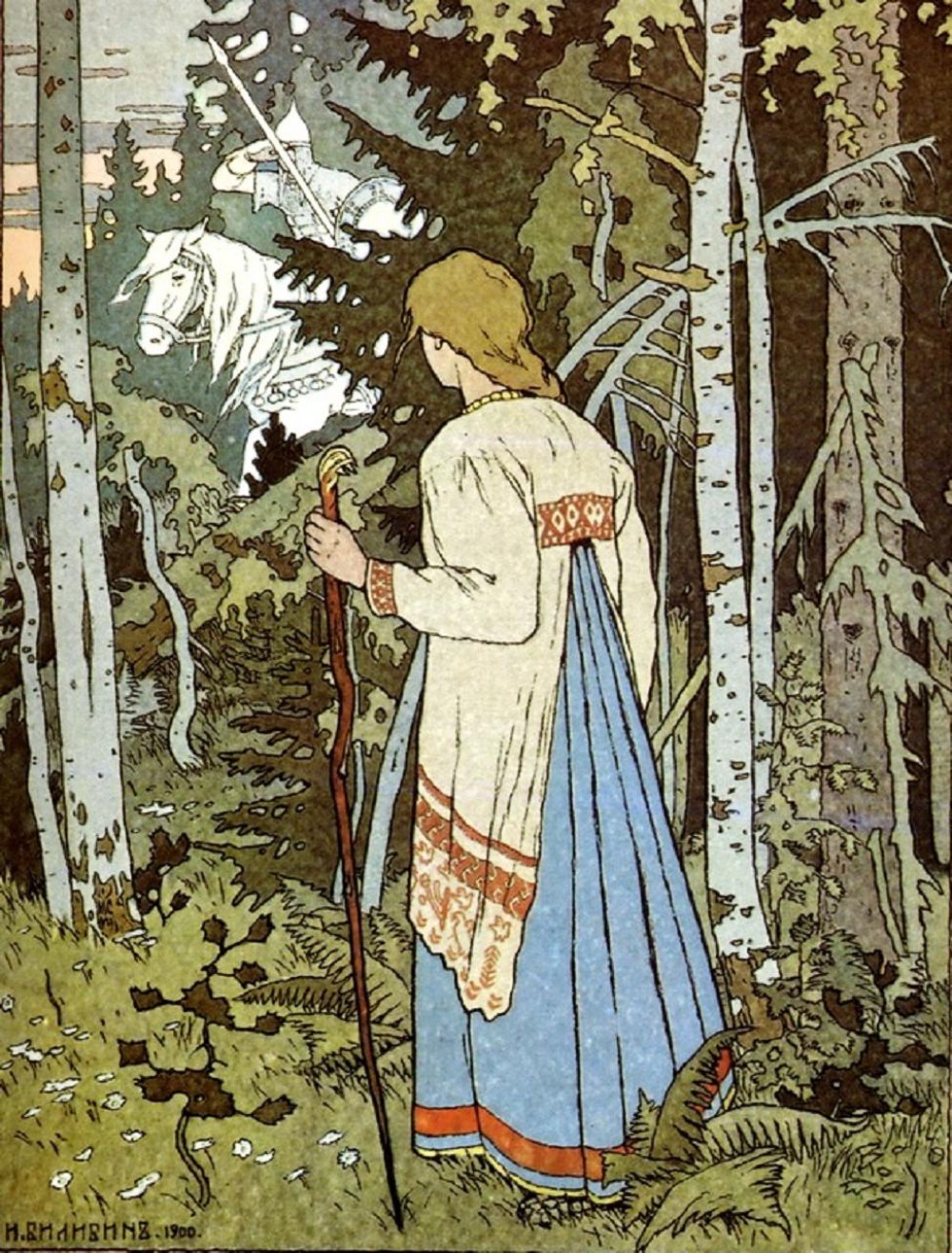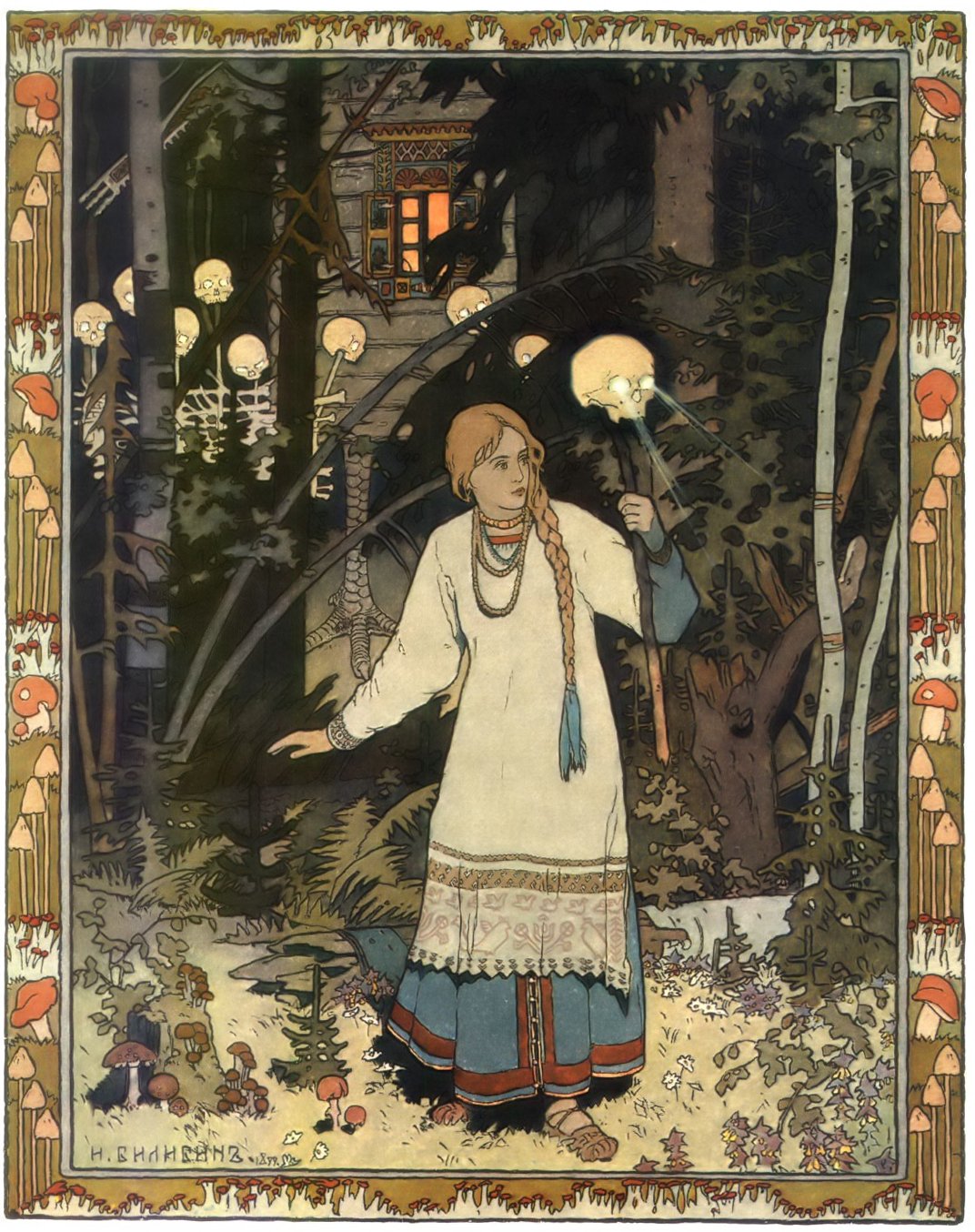Tony found a podcast on Myths and Legends! As the title implies, it's not only about fairy tales, but there are many episodes that might be of interest to fairy tale fans, on Aladdin, Russian folklore, Japanese fairy tales, Snow Queen, and more. The description:
"Ever wonder about the original stories behind King Arthur and his legendary knights, Robin Hood, or Aladdin? Did you know that fairy tales originally weren't for children, and as such are way more bizarre, ridiculous, and interesting that you ever thought possible? Maybe you've heard of characters like Thor, Odin, and Hercules from modern movies, but their stories stretch back through centuries, and the originals that inspired the adaptations are even better.
"This is a show where I tell the folklore that has shaped our world. Some are incredibly popular stories you think you know, but with surprising origins. Others are stories that might be new to you, but are definitely worth a listen.
"These are stories of magic, kings, Vikings, dragons, knights, princesses, and wizards from a time when the world beyond the map was a dangerous, wonderful, and terrifying place."
So far we've listened to the one on Vasilisa the Beautiful (titled "She-Who-Must-Not-Be-Named").The host, Jason Weiser, tells a story in each episode, with some asides here and there, but it's really focused on telling the tale.
I loved being able to listen to a fairy tale told orally like this, it's really rare to even have opportunities to do so. The vast majority of fairy tales I read are in books. I'll tell one myself here or there if anyone's willing to listen but am even less likely to be a listener-storytelling is an art that's been mostly lost (power to you out there who are storytellers yourself! I know some of my favorite bloggers are storytellers). Weiser narrates with some humorous comments also thrown in, which makes it even more enjoyable.
However, I didn't necessarily agree with all of his interpretations. In fact, for someone hosting a podcast on myths and legends, Weiser seemed to be very thrown by many of the supernatural elements in the tale-he mentioned multiple times that he didn't understand Vasilisa's doll helper and was frustrated that there was "no explanation" for it. I've never had a problem with the doll channeling her mother's helpful spirit, it's a very common feature of fairy tales (especially Cinderella stories) to have a good mother help her daughter, even after death. The explanation is, I think, that fairy tales view a mother's love as one of the most extremely powerful forces in the world (and I thought that would be the Harry Potter tie-in hinted at in the title, but it wasn't).
Weiser also didn't like the idea that Vasilisa didn't have to do any work because the doll did it for her. I kind of get this, and it's a very modern, American perspective, where we're all about being rewarded for hard work and tend to be suspicious of those who get money without "deserving" it. Weiser does have a very interesting personal theory about the doll at this point in the story (hint-he references "Fight Club"). However, when you think about the people who would have been telling and hearing this story in Russia, they were poor people who had to work day and night just to keep their family fed-no running water or refrigerators or modern conveniences. It seems natural-maybe even healthy?- that they would fantasize about getting rid of their tasks and even villainize their chores by imagining them coming from evil stepmothers and witches.
Has anyone else listened to any of these episodes? It provided good discussion between myself and Tony, and could be fun to discuss here if other people are listening!
Illustrations by Ivan Bilibin




Thanks for the link! I just bookmarked the site and will check individual podcasts out later. But one thing that came to my mind regarding "avoiding one´s chores with (super)natural help" is that this trope shows up in many fairy tales. There´s Cinderella, who is set the task of sorting good peas from bad and gets help from the pigeons - here, the help she gets is a direct reward for her kindness. On the other hand, there´s the story of the Elves of Cologne, who come at night and do the work for the citizens, until the Tailor´s Wife ruins everything with her curiosity (encouraged by idleness). Having to do one´s work oneself again, in this story, is basically the punishment for curiosity and idleness. There is also a similar story, in which the Elves also come at night and do the work, until the Tailor decides to thank them by making them a beautiful set of tiny clothes that he leaves out at night. As a result, the Elves decide that they don´t need to work any more since they are now fine dressed gentlefolk (one of the fairy tales in which kindness is not necessarily rewarded, unless you´re an Elf, of course). Which leads us back to the House Elves in "Harry Potter" who are set free by being given clothes. Looking at "work and chores" in fairy tales in general, most of the time, hard work and diligence are considered virtues worth rewarding (even by some force helping out and taking over the task in question); whereas laziness is not encouraged (see the story of "Mother Hulda" with the Golden Girl and the Dirty Girl). If this reflects the general attitude of society at the time the stories originated, were told and collected, then Weiser seems a bit off with his criticism (just based on what you wrote above - I´ll check out his podcast later).
ReplyDeleteYes you're right, this is a huge theme in fairy tales, and would make for a really interesting post some time! Hard work and diligence are usually rewarded (although they are, often, ironically rewarded by a royal marriage in which you don't need to do said chores any more), but in fairy tales when supernatural creatures help you get your chores done, they are often impossibly cruel or even pointless tasks, like Cinderella having to pick out lentils her stepmother threw in the ashes; the task's only purpose was to keep her home. In Vasilisa, the doll helps her do her own chores at home, as well as the impossible tasks set to her by Baba Yaga, (but I believe she still cooks the dinner by herself), so that adds another angle
DeleteIt seems that in some parts of Russia there is a tradition of making these rag dolls that are meant to be good luck charms. I'm not sure how "traditional" it is (I can't find any credible sources regarding these dolls). But magical dolls do seem to be fairly common in fairy tales - The Nutcracker is the obvious one that comes to mind.
ReplyDeleteI wasn't aware of that custom! Humans do tend to anthropomorphize animals or toys that look human. There's also Andersen's Steadfast Tin Soldier, but both that and Nutcracker are literary fairy tales and not necessarily based on folklore. In Basile's "Young Slave," which is again literary but much older, Lisa, the Snow White character, requests a doll and tells her grief to the doll; the doll comes to life to prevent her from killing herself.
DeleteI'm sure there are other fairy tales with magical dolls but I can't think of any others at the moment
Yeah, his podcasts on actual myths and legends are much better than his podcasts on fairy tales. He doesn't seem to really "get" fairy tales, because his willing suspense of disbeliefsseems to require a justification for supernatural occurences, which is missing in fairy tales more often than not. Also I found it odd that during the whole podcast he complained that Vasilisa wasn't doing her own work and then in the end when she actually does her own work spinning and weaving he glosses over it.
ReplyDeleteI'd still heartily recommend his podcasts on Arthurian legends and Greek mythology. Of his fairtale podcasts, I wuld reccommend the one on Koshej the Deathless,where he offers a very interesting interpretation of the wizard.
On an unrelated note: What's the reason you're referring to Vasilisa as "The Brave" instead of "the Beautiful"? Just because judging a female character only by her appearance doesn't sit well with you or is that a actual valid translation of the Russian title?